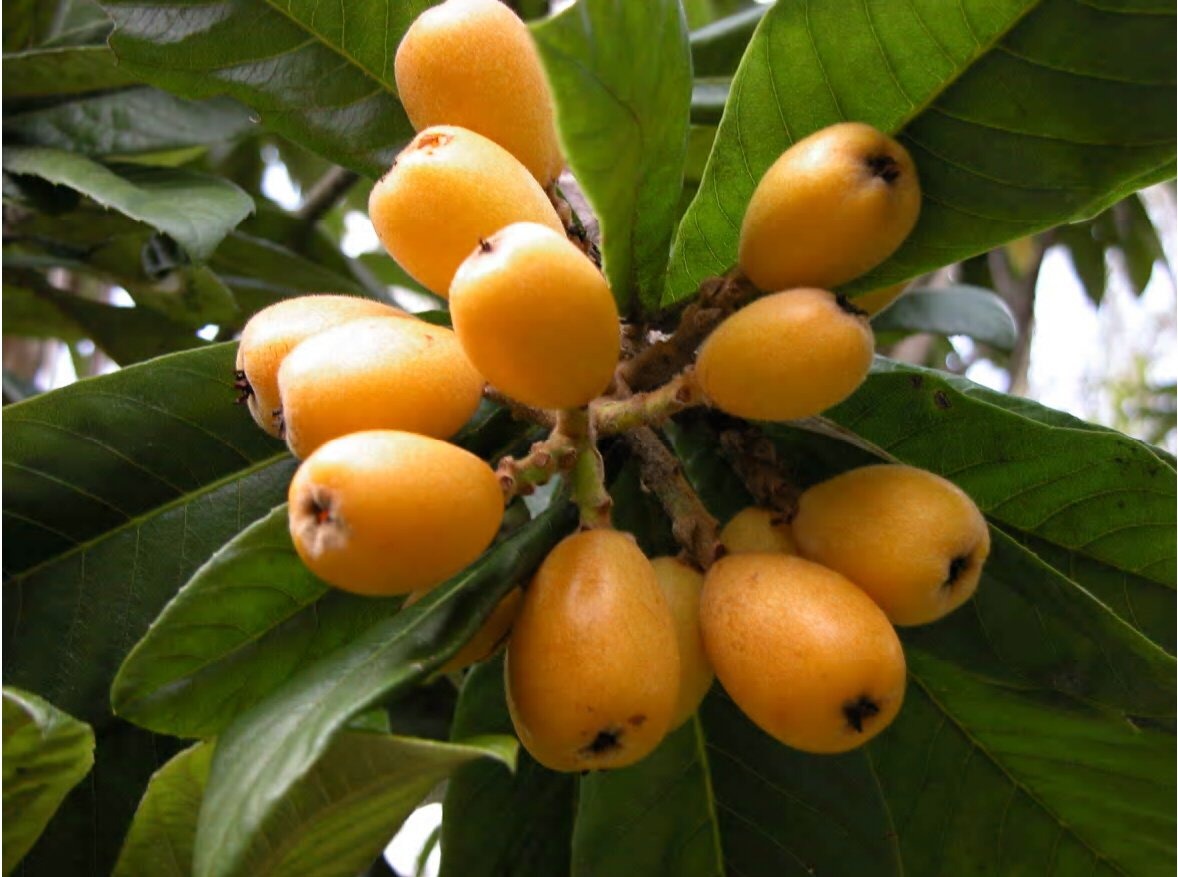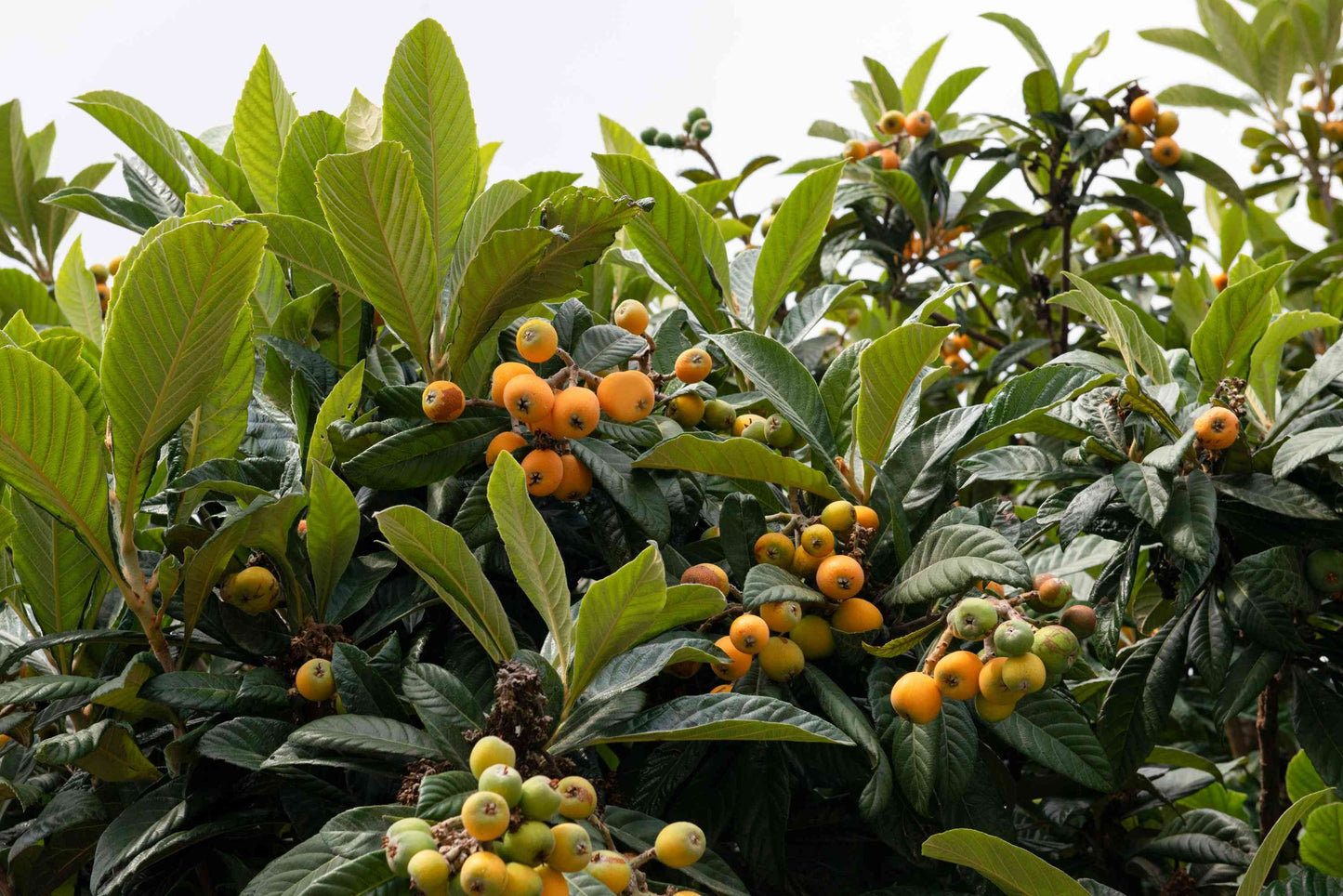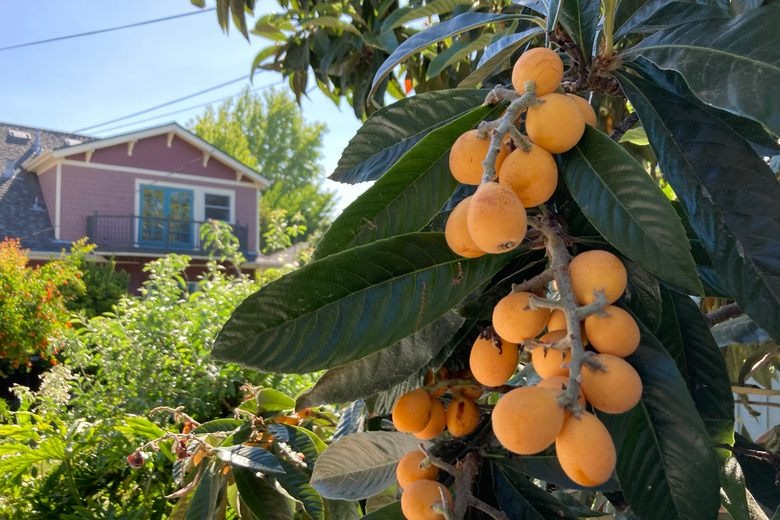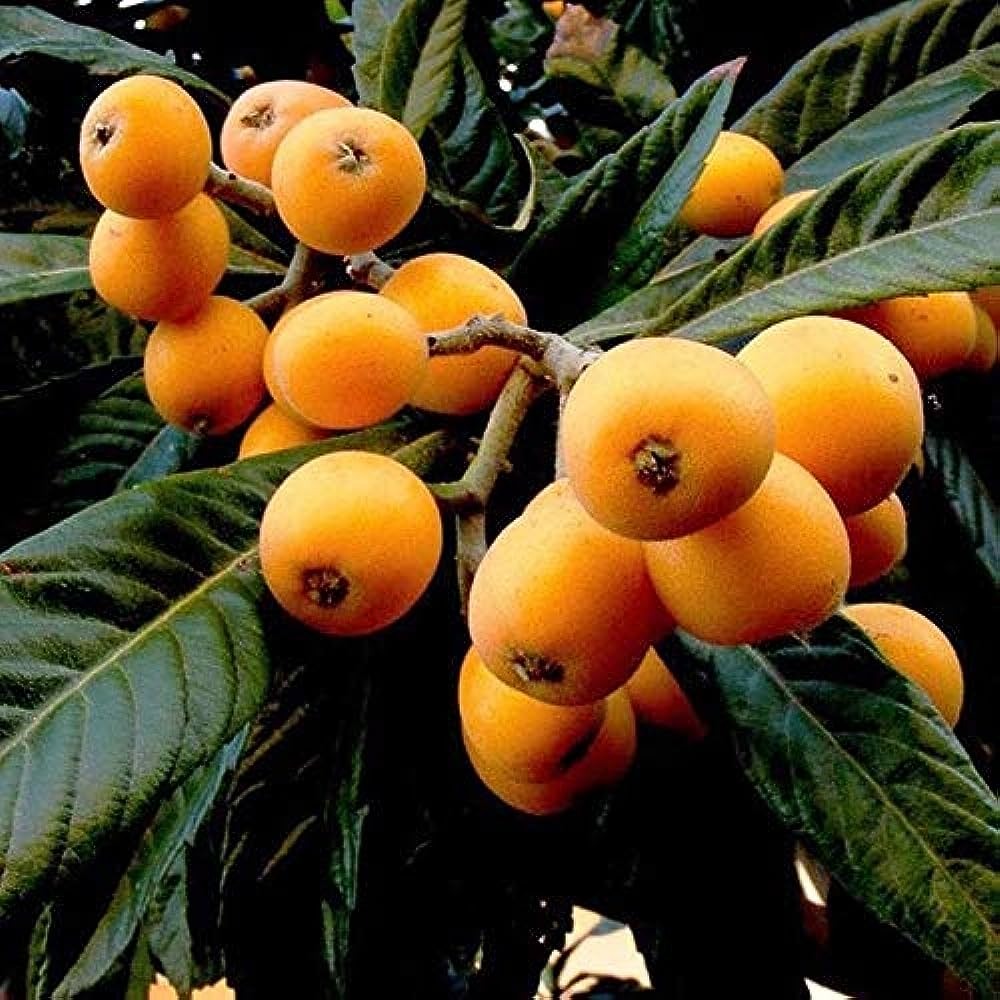Plantparadise
Loquat Fruit Plant
Loquat Fruit Plant
Couldn't load pickup availability
The loquat (Eriobotrya japonica) is a small evergreen tree or large shrub that belongs to the Rosaceae family. It is native to southeastern China but has been cultivated in many parts of the world for its delicious and nutritious fruit. Here's a description of the loquat fruit plant:
1. Growth and Size: Loquat plants typically grow to a height of around 10 to 30 feet (3 to 9 meters), depending on the specific variety and growing conditions. They have a rounded, bushy form with densely packed leaves.
2. Leaves: The leaves of the loquat plant are large, leathery, and have a distinct glossy appearance. They are typically 8 to 12 inches (20 to 30 centimeters) in length and are often lanceolate or oblong in shape. The leaves have prominent veins and are usually dark green on the upper side and lighter underneath.
3. Flowers: Loquat trees produce small, fragrant, and white to off-white flowers in clusters. These flowers have a sweet aroma and are attractive to pollinators like bees. The flowers emerge in late fall to early winter, and the subsequent fruiting season varies depending on the region.
4. Fruit: The fruit of the loquat plant is the highlight of the tree. It is typically round or pear-shaped and measures about 1 to 2 inches (2.5 to 5 centimeters) in diameter. The skin of the fruit can range from pale yellow to orange, and it is often covered in a thin layer of fuzz. The flesh is juicy and varies in color from pale yellow to orange, depending on the variety. The flavor is sweet, mildly tangy, and sometimes described as a combination of peach, citrus, and mango.
5. Seeds: Inside the fruit, you'll find one to several large brown seeds. These seeds are not typically consumed due to their bitterness, and people usually discard them when eating the fruit.
6. Culinary Uses: Loquat fruits are enjoyed fresh and are often eaten by themselves or used in various culinary applications. They can be added to fruit salads, desserts, jams, jellies, and even used in baking. In some cultures, the fruit is also fermented to make alcoholic beverages.
7. Growing Conditions: Loquat plants thrive in subtropical to mild temperate climates. They prefer well-draining soil and full sun to partial shade. These trees are relatively drought-tolerant once established but benefit from regular watering, especially during periods of fruit development. Loquats can be grown in gardens, orchards, or as ornamental plants.
8. Health Benefits: Loquat fruits are a good source of vitamins A and C, as well as dietary fiber. They also contain antioxidants and various beneficial compounds. Consuming loquats as part of a balanced diet may contribute to overall health and well-being.
Materials
Materials
Shipping & Returns
Shipping & Returns
Dimensions
Dimensions
Care Instructions
Care Instructions








